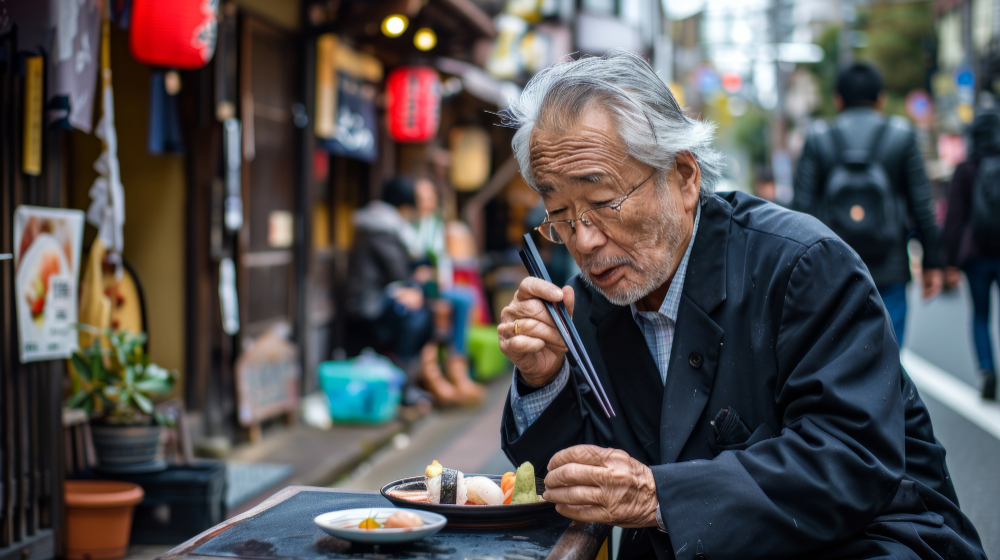Introduction
The ability to smell and taste is one of the functions of the brain. Whenever we smell and taste any food or drinks, the nerve in our nose and tongue sends messages to the brain, where these messages are analysed and interpreted.
The ability to smell and taste is closely related – our sense of smell is responsible for about 80% of what we taste.
As such, whenever we drink coffee, we can enjoy smelling the aroma and tasting the bitterness of the coffee. Even though the loss of smell and taste by itself is not really a physical disability, in reality it matters a lot in Malaysia where we have an abundance of food.
What are the common causes of dizziness?
Virus Infections
Virus infection became a well-known cause of loss of smell and taste, especially during the Covid pandemic. Up to 60% of Covid patients had loss of smell and taste.
Degenerative Brain Disorders
Parkinson’s disease (PD) and Alzheimer’s disease (AD) are known to cause of loss of smell and taste. In fact, loss of smell can be the early symptom of PD and AD.
Other symptoms of PD are stiffness of muscles, tremor and slowness of movement. AD causes progressive memory loss, change in personality and impairment in social skills.
Head Injury
Loss of smell and taste is on one of the known complications of Head Injury.
Cancer
Loss of smell and taste is a known complication of radiotherapy for Nasopharyngeal Carcinoma (NPC), a cancer of the throat. This is because radiotherapy can cause damage to salivary glands, where saliva is produced, leading to dryness of mouth. When our mouth is dry, it can affect our ability to taste food. Radiotherapy can also damage the nerve at the nose and mouth which helps us to smell and taste.
What will the Neurologist do for patients with loss of smell and taste?
The Neurologist will perform physical examination, blood tests and MRI scan of the brain.
** Image by Freepik

